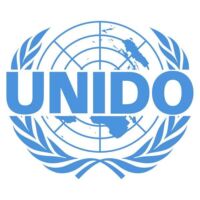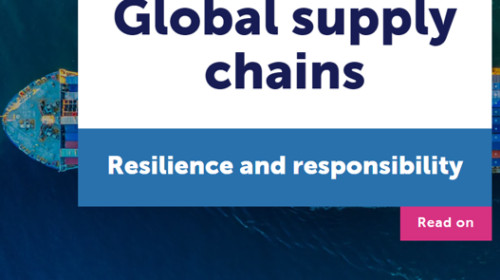The failures of a free market approach to development has led to an increased demand for advice and support in crafting industrial policies that promote a movement into more sophisticated manufacturing activities with greater value addition. The shortage of adequately trained national analysts leads to an extensive dependency on international advisers and in the most alarming cases to unrealistic strategic objectives and the deployment of inappropriate policy tools. Every country should be equipped with simple analytical tools which can help them to answer imperative questions such as: How is our industrial sector performing relative to competitors? Where is there potential for expansion, upgrading, employment generation or enhanced energy efficiency in our industrial sector? How diversified and embedded is our industry? Answers to questions such as these are vital for successful strategy setting and industrial policy formulation. Global experience indicates that for the industrial policy process to be effective it has to be evidence-based, participatory and focused on realistic objectives. International best practice examples suggest that a successful industrial policy cycle must start from a thorough industrial diagnosis that maps the local and global industrial landscape and provides an in-depth understanding of country characteristics, constraints and opportunities as well as global trends. However, a key challenge for many developing country governments is a shortage of adequately trained national analysts and, thus, the lack of appropriate capacities to follow an industrial strategy formulation process that is sufficiently evidence-based. UNIDO and GIZ have developed an integrated methodological toolbox and a capacity-building package for industrial diagnosis. “EQuIP – Enhancing the Quality of Industrial Policies” aims to support policymakers in developing countries to formulate and design evidence-based strategies for inclusive and sustainable industrial development. EQuIP aims to strengthen the ability of lower income countries to manage their own future and to enable them to have a larger say in strategy-setting, policy formulation and their engagement with development partners.
Download SyllabusTarget Audience
Staff members of Government Ministries.
Learning Objectives
The aim of EQUIP is to provide participants with indicators, techniques for interpreting data and knowledge to reinforce the capacity of policy makers to think about industrial strategies and policies.








